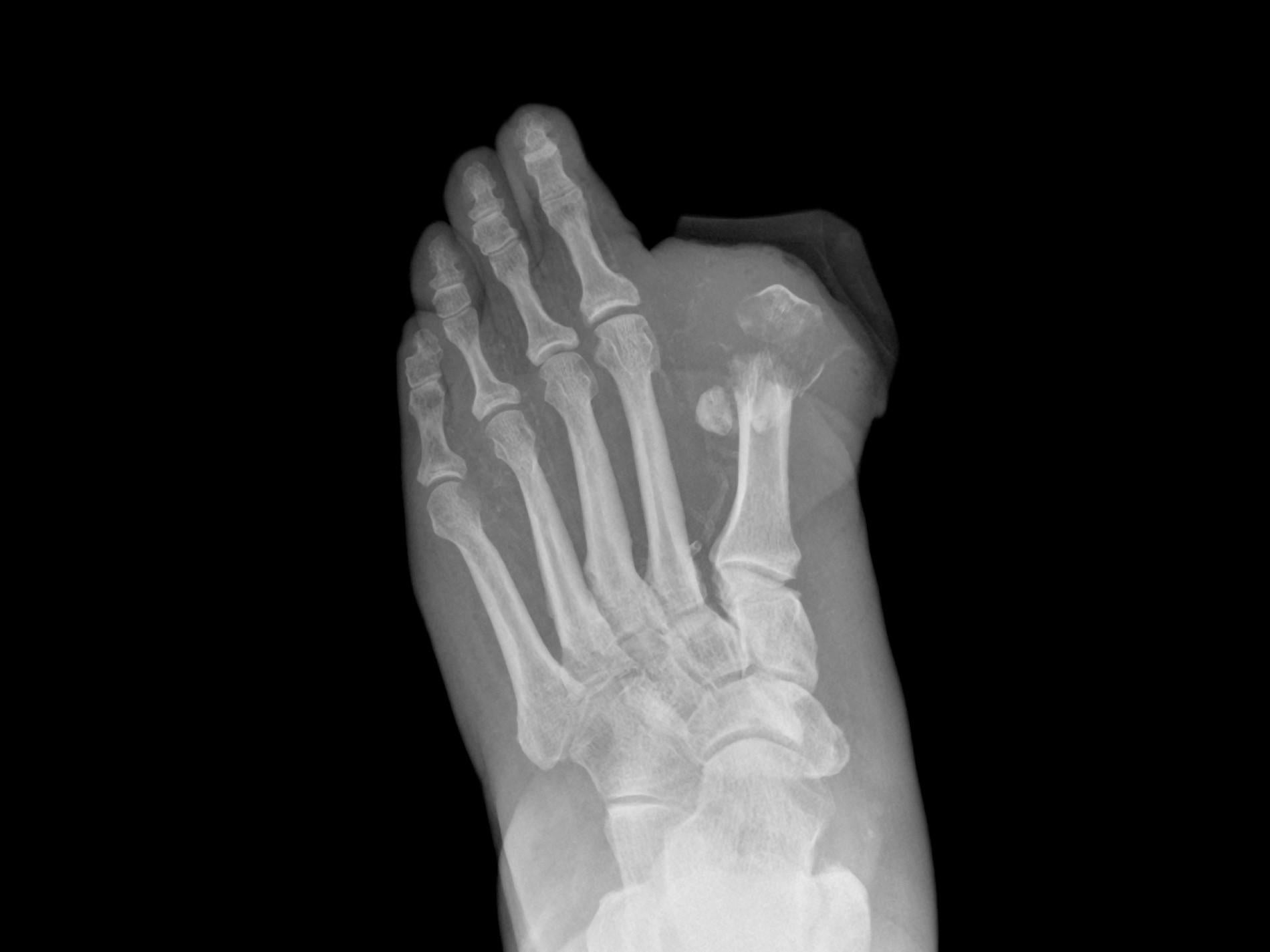NHS diabetic foot and toe amputations up 26%, Labour research claims
Amputations cost NHS £44m in 2016 alone research by impartial House of Commons Library finds

The number of diabetic foot and toe amputations undertaken by the NHS in a three year period rose nearly 26 per cent, according to research commissioned by the Labour Party.
Deputy leader Tom Watson revealed the statistic on Wednesday ahead of a speech where he will pledge to halt the precipitous increase in obesity-linked Type 2 diabetes within one parliamentary term if Labour is elected.
In his speech Mr Watson is expected to blame the government’s failure to address obesity, particularly among children, and food companies’ inclusion of “hidden sugar” in their products for rising obesity rates.
While the government introduced a levy on sugary drinks, it put off other measures like a proposed ban on energy drink sales to under-18s to a second round of consultation.
Labour’s research was conducted by the impartial House of Commons library service and uses Public Health England data. It found there were 15,075 “minor” amputations below the ankle due to diabetes in England between April 2010 and March 2013.
In the same three year period from 2014 to 2017 that number had increased to 19,073, the equivalent of 120 foot or toe amputations per week or one procedure every hour and a half.
In 2016 alone the cost of amputations related to diabetes was £44m, the researchers estimate.
Mr Watson also revealed that he had been diagnosed with Type 2 diabetes, which is primarily linked to weight, poor diet and too little exercise.
However, writing in the Daily Express on Wednesday, he said he has put his condition into reverse and no longer requires insulin to manage his blood sugar, by bringing his weight under control and cutting out sugar and processed food in his diet.
Speaking at the UK Active conference in London Mr Watson will say: “We are facing a public health crisis as the catastrophic levels of obesity and Type 2 diabetes in the UK are too dangerous to ignore.
“They are costing the NHS 10 per cent of its budget and costing thousands of lives.
“My own journey has taught me what changing your diet and getting active can do. The millions of people suffering from and at risk of Type 2 diabetes need to know that it is a preventable and reversible disease.”
People with diabetes are 15 times more likely to undergo an amputation than the general population, NHS figures show.
This can be caused by nerve damage and circulatory problems from poorly controlled blood sugar which can affect wound healing and lead to toes going necrotic and needing removal.
It is also the leading cause of blindness in people of working age and causes 24,000 people in the UK to die early each year.
Mr Watson added: “I want the Labour Party to spearhead the fight against Type 2 diabetes.
“The government have failed time and again to have the ambition we need to crack the problem. If we don’t find the answers quickly, the NHS will not cope with the projected increase in sugar related life threatening diseases.”
Diabetes UK said that the figures include amputations among people with Type 1 diabetes, which usually develops in childhood and is partially genetic, and lifestyle related Type 2.
As Type 1 occurs earlier the chances of serious complications, including amputations, are increased and wouldn’t be down solely to obesity or other factors, though the charity said improving foot wound care in hospitals and among patients was important.
Helen Dickens, assistant director of campaigns and mobilisation at Diabetes UK said: “We need urgent action from across society to stop the diabetes crisis, which is why we welcome this commitment to tackle the rise in Type 2 diabetes.
“We’ve seen important first steps such as the NHS Diabetes Prevention Programme and the proposals set out in the Childhood Obesity Plan, but we need further action and continued commitment to put an end to the diabetes epidemic.”
The Department of Health and Social Care recognised the significant increase in the rate of minor amputations, though it said major amputations (above the ankle) have decreased.
A spokesperson said: “We know prevention is better than cure, which is why we are delivering an ambitious plan to tackle obesity in children – including getting children exercising more in schools and reducing their exposure to sugary and fatty foods.
“We’ve invested billions in public health services and NHS England’s diabetes prevention programme is available across the country for adults at risk of developing diabetes.”
Join our commenting forum
Join thought-provoking conversations, follow other Independent readers and see their replies
Comments
Bookmark popover
Removed from bookmarks